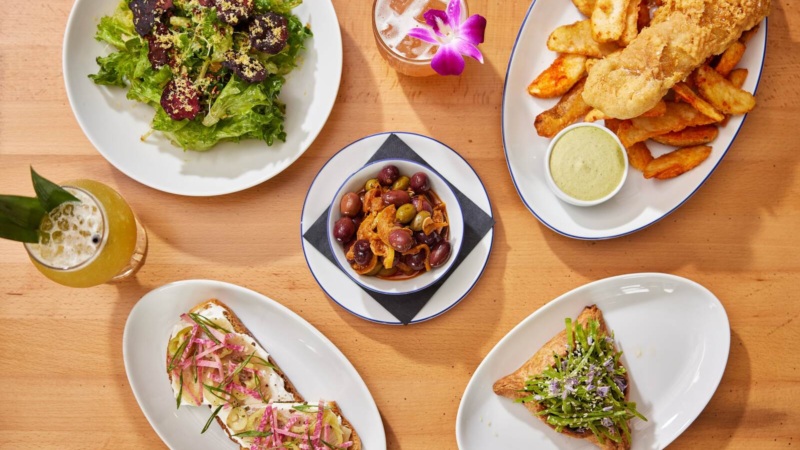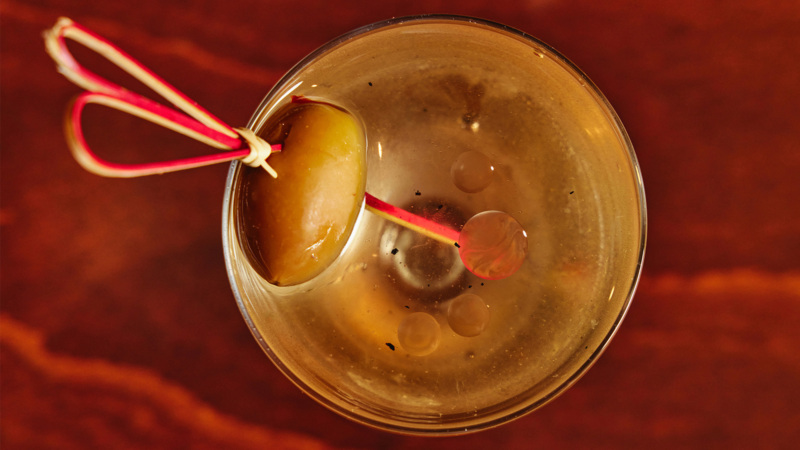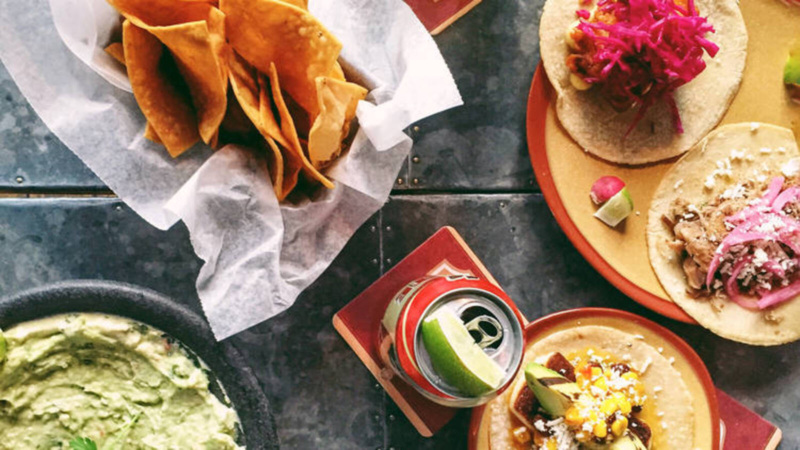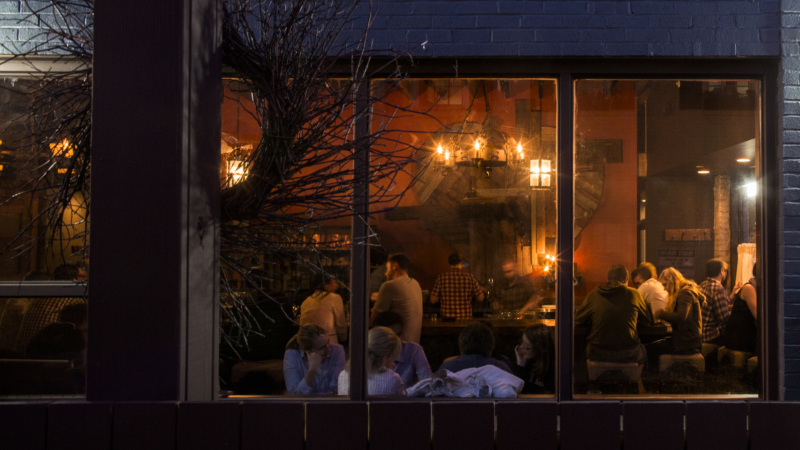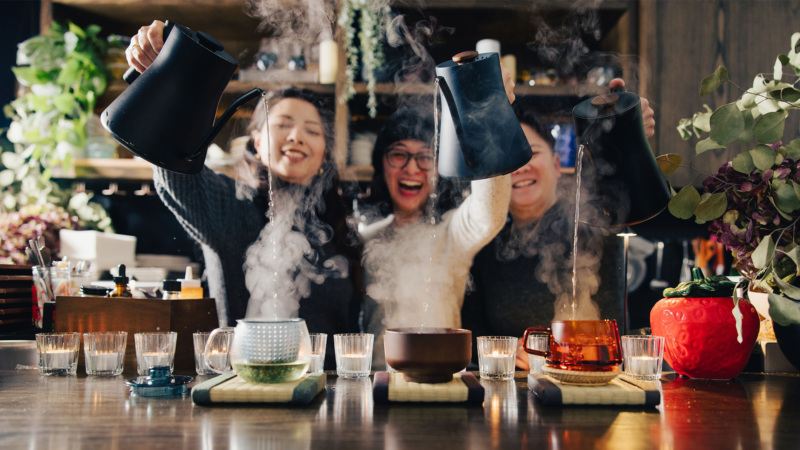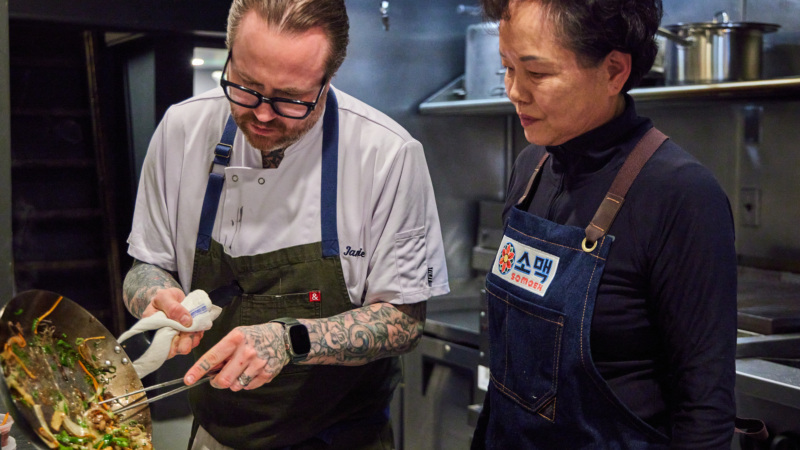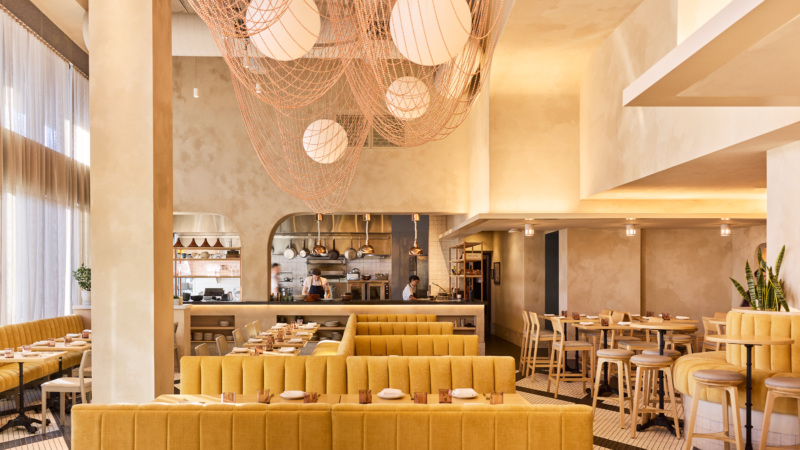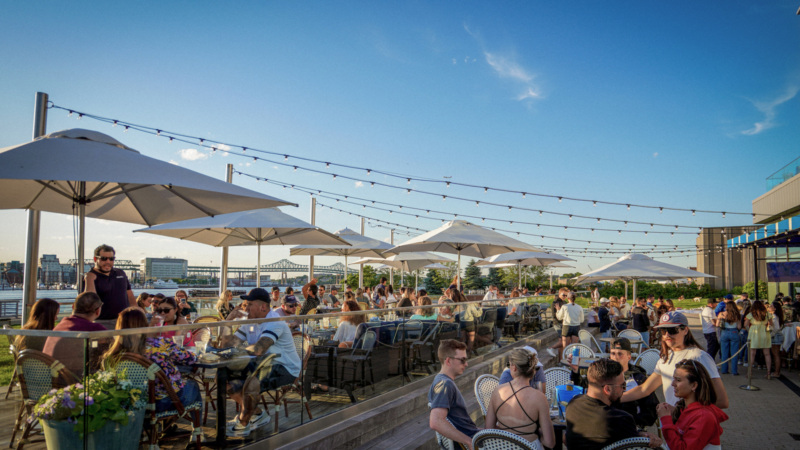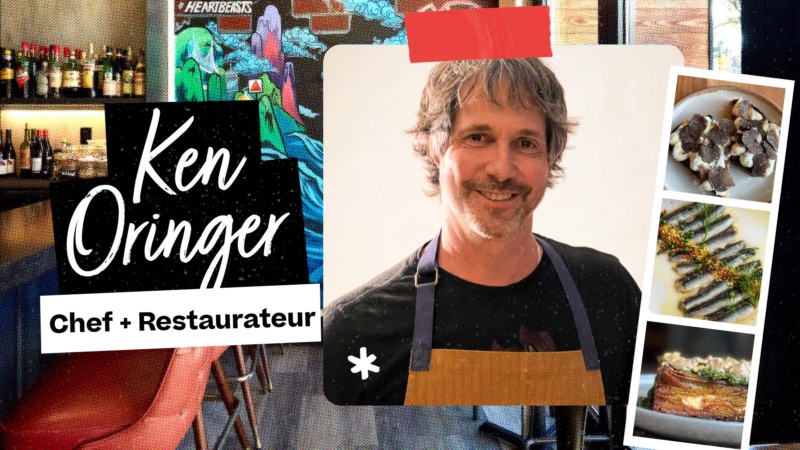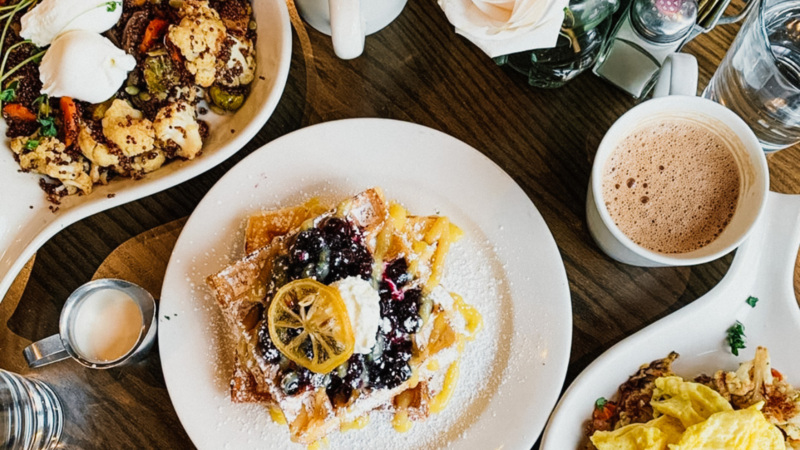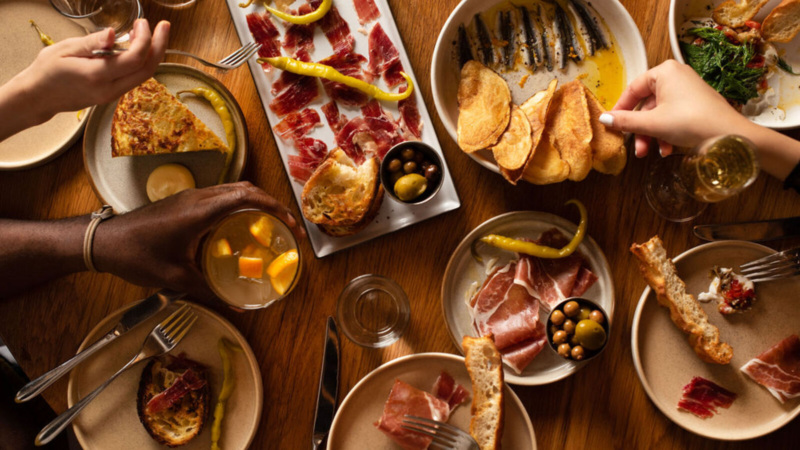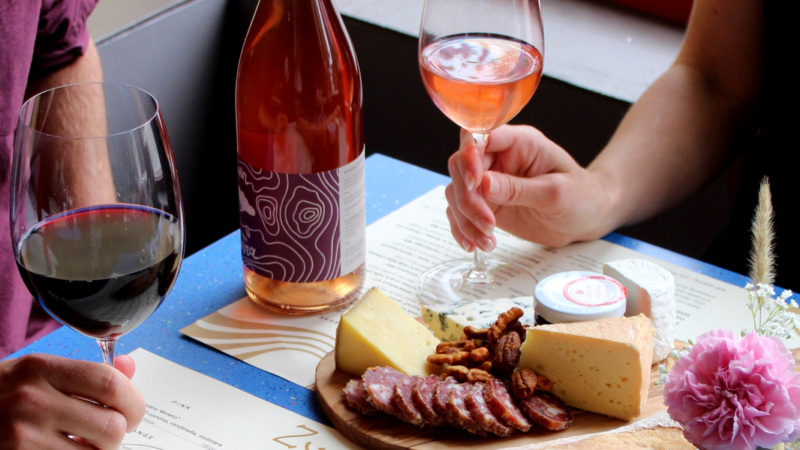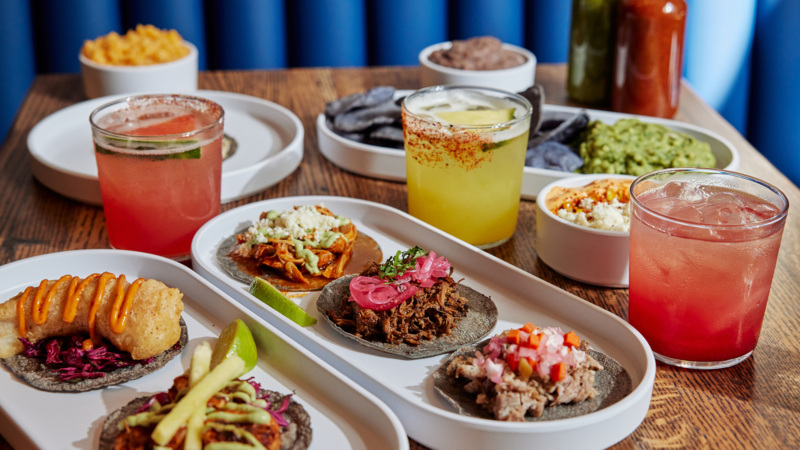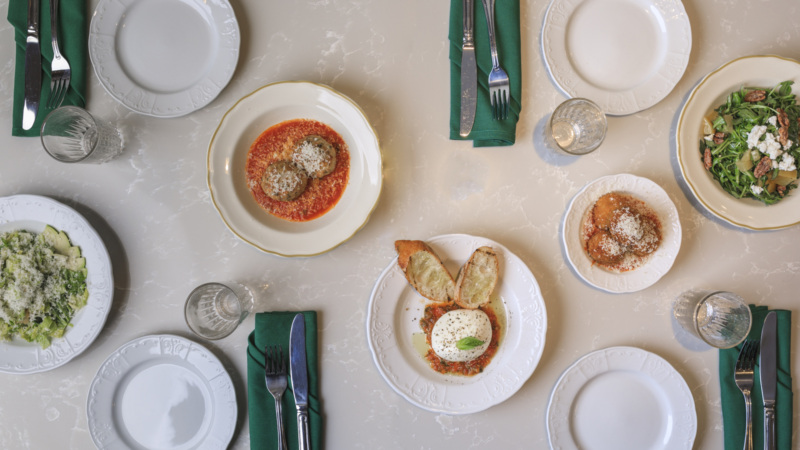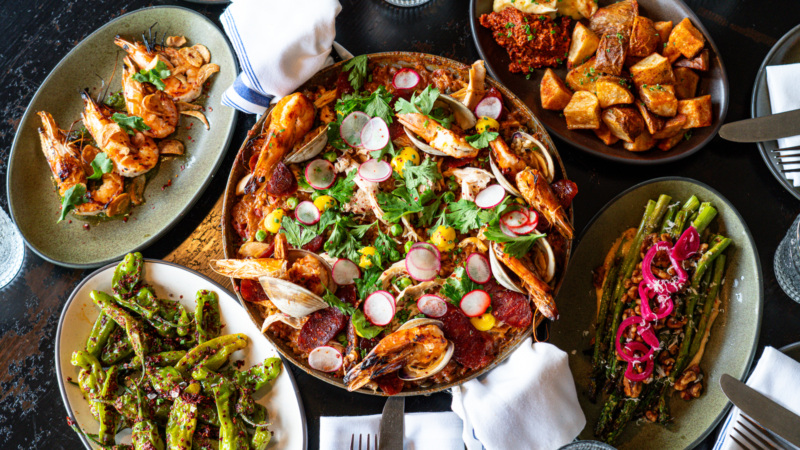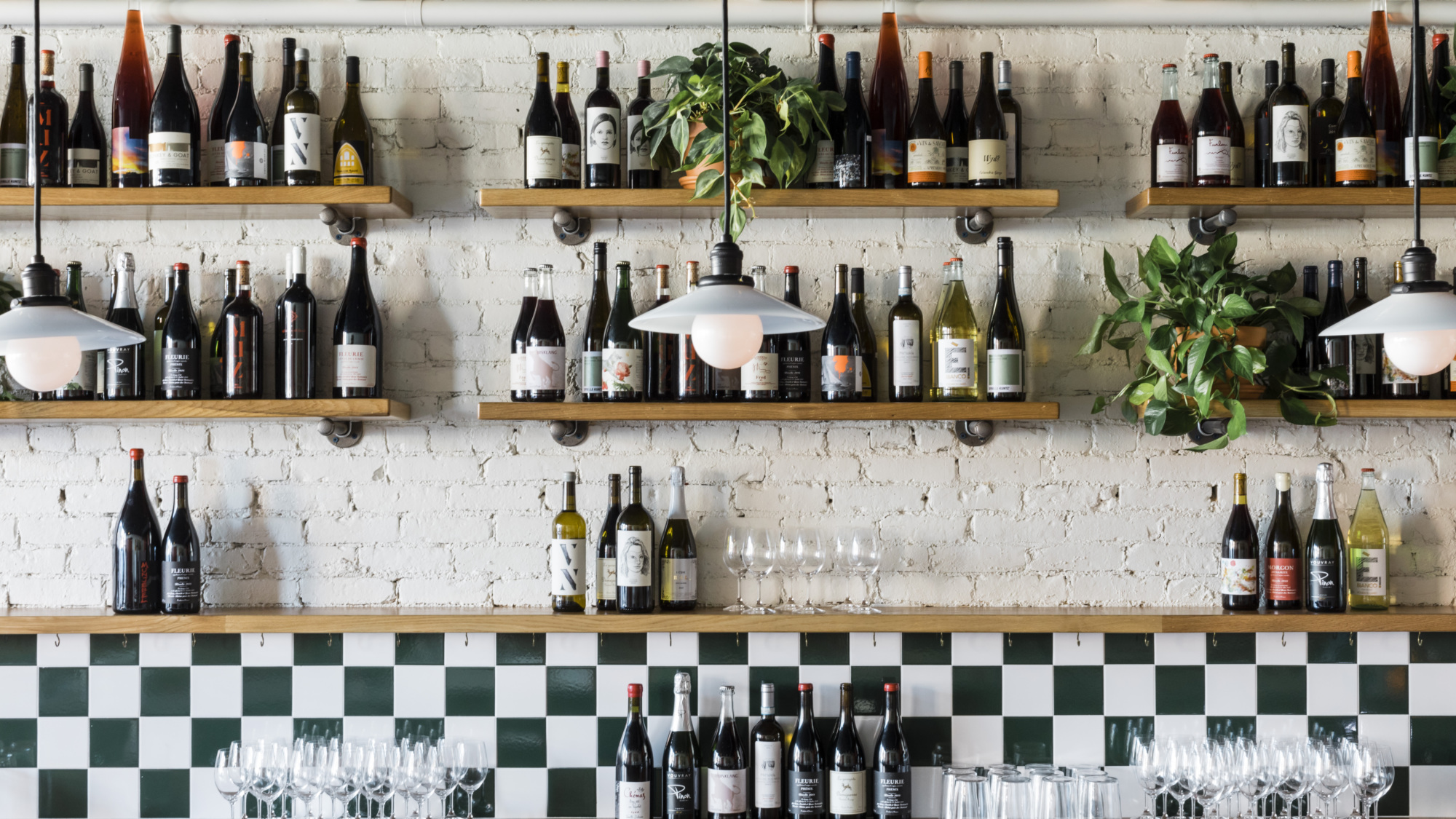
The natural wine scene is alive and kicking in Boston. The bottles that everyone is buzzing about — whether you call them organic, biodynamic, minimal-intervention, or small-production — are integral to imbibing around town. So it’s important to remember how far they’ve come, moving in short order from fringe to fundamental.
Think back a dozen years, when it seemed like every beverage professional was up in arms about natural wine. The category’s proponents asserted that these pours were better for you and better for the planet, since they were made from grapes cultivated in pesticide-free vineyards, and crafted in the manner of “nothing-added, nothing-taken-away.” These advocates stimulated fresh thinking about what constitutes good farming and called attention to the additives allowed in conventional winemaking. But critics bristled, taking issue with the category’s lack of definition in wine law, and indignant that wines not under the movement’s umbrella were by implication “un-natural.” Many dismissed the movement as a ploy to muscle into a crowded marketplace.
These days, the debate feels far less contentious. The boosters of “natural” — satisfied that they started a conversation — take a more inclusive, big-tent stance; many even accept a little sulfur at bottling to keep things clean and fresh. And, thankfully, the discussion about sustainability is even broader, encompassing topics like regenerative agriculture, carbon-neutral winemaking, and industry access for marginalized communities. The category’s critics have also relaxed, having tasted many of these bottles and declared them extraordinary.
Bottom line: any lingering contention plays out behind the scenes — out of earshot of you, the guest. You yourself probably like the idea of good farming, and approach what you drink in the same manner as what you eat, leaning additive-free whenever possible. But at the end of the day, after an excruciatingly long year, don’t you just want something refreshing and delicious in your glass? And don’t you love when an enthusiastic bartender introduces you to something new?
Boston is full of wine professionals like this, and many of them fall squarely into Camp Natty. They’ll gladly talk about indigenous yeasts, the pitfalls of over-filtration, and the finer points of biodynamic philosophy — but only if that floats your boat. They want you to be happy, and will keep pouring tastes of their natural wares — some quirky, some stunning, most unlike anything you’ve tried — until you find a style that suits your mood.
Because natural wines are everywhere these days, even in places you might not expect, compiling a guide proved to be delightful challenge. In the end, we compiled a list of nine bars and restaurants in Boston, Cambridge, and Somerville to get you started. At these spots, natural wines are essential, part-and-parcel of the brands and identities of these businesses. The pros at these places fly the flag for natty — and can’t wait to help you find your favorites.

